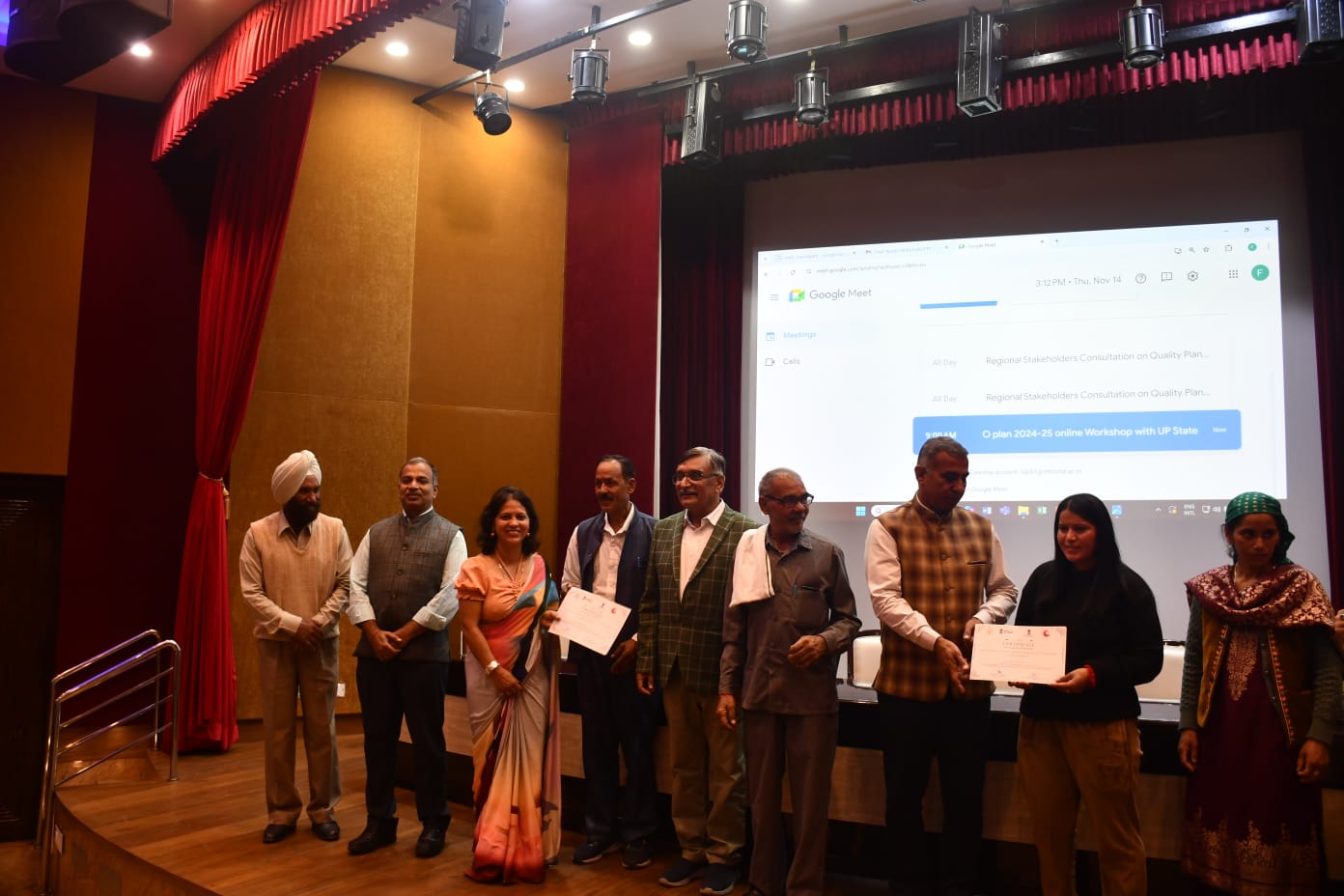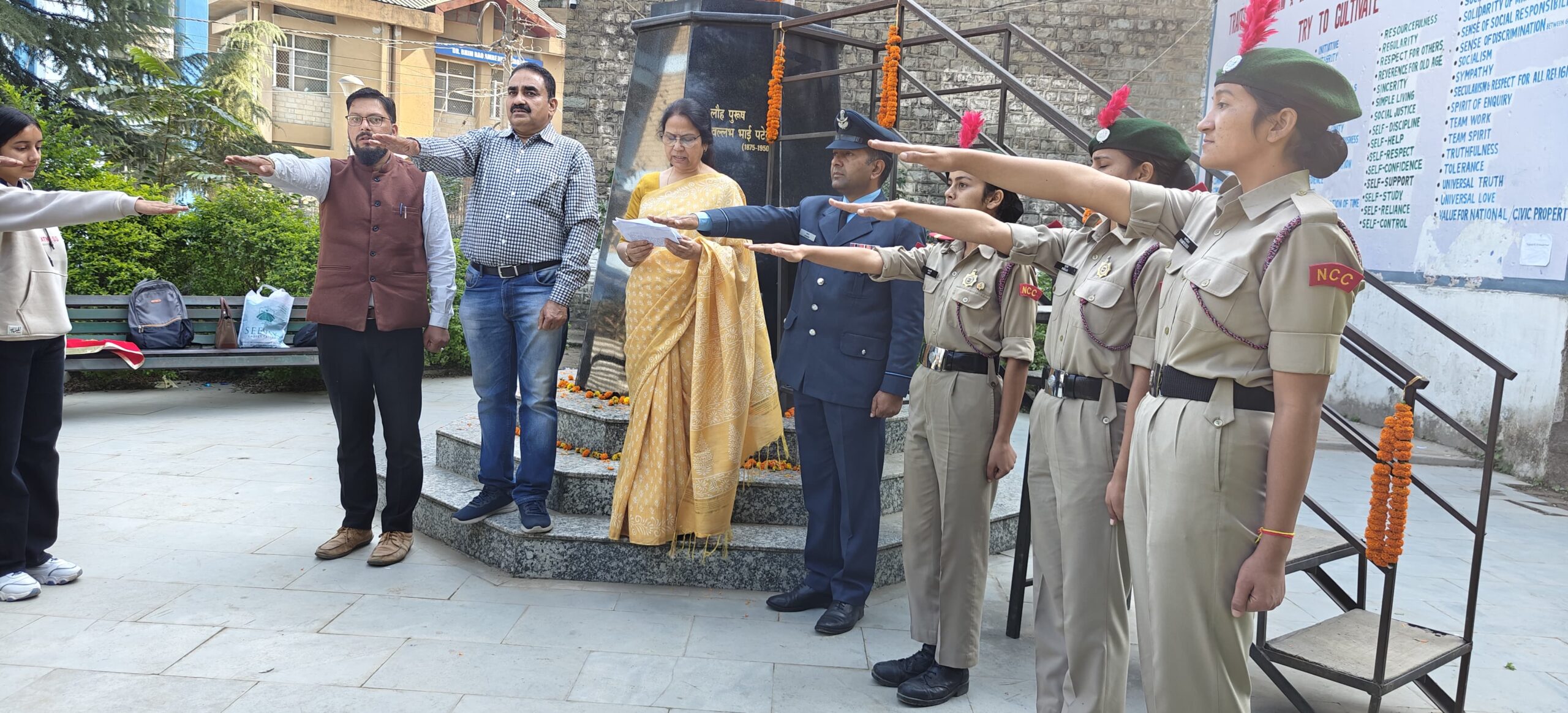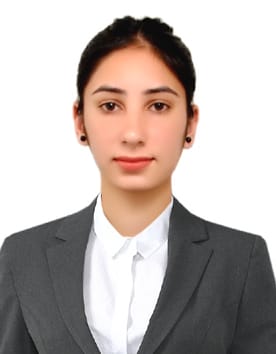Bridging Knowledge Gaps: Insights from the Regional Stakeholders Consultation on Medicinal Plants, Dr. Tara Devi Sen.
Shimla:
It was a privilege to participate in the two-day Regional Stakeholders Consultation on Quality Planting Material/Nurseries of Medicinal Plants organized by the Regional Cum Facilitation Centre (RCFC) Northern Region-1 recently, under the aegis of the National Medicinal Plant Board (NMPB), Ministry of AYUSH, in collaboration with NITTTR, Chandigarh. Accompanied by four students from our college, I witnessed this exceptional confluence of farmers, traders, and scientists from Punjab, Haryana, Uttarakhand, Jammu & Kashmir, and Himachal Pradesh. The event aimed to address critical issues in medicinal plant cultivation, marketing, and quality planting material production.
A Unique Platform for Exchange
This consultation provided a rare and invaluable platform for collaboration. Farmers showcased their achievements through live displays of medicinal plants, product formulations, and traditional remedies. They candidly shared their challenges, particularly the struggle to secure fair prices for their produce. Traders outlined their quality concerns and market expectations, while scientists highlighted sustainable cultivation practices aimed at minimizing chemical usage.
For my students, who are pursuing a Skill Enhancement Course in Nursery and Gardening, this was an eye-opening experience. It introduced them to the practical realities of medicinal plant cultivation and marketing—lessons far beyond what any textbook could provide.
Memorable Discussions with Experts
The consultation also brought together some of the most esteemed experts and scientists in the field, whose insights were both enlightening and inspiring. The distinguished speakers included:
Dr. Arun Chandan, Regional Director, RCFC NR-1, NMPB
Dr. Vijay Kant Purohit, Associate Professor, HAPPRC, Srinagar
Professor Sudarshan, HOD, Department of Botany, University of Hyderabad
Dr. Vaneet Jishtu, Scientist-E, HFRI, Shimla
Dr. Rajesh Kumar Arya, Principal Scientist, CCSHAU, Hisar
Dr. Pawan Kumar, Scientist-F, HFRI, Shimla
Dr. Probir Kumar Pal, Principal Scientist, CSIR-IHBT, Palampur
Dr. Pancy Thakur, Assistant Professor, Dr. Y.S. Parmar University, Solan
The experts presented ground-breaking research and practical solutions, ranging from pest management strategies to sustainable nursery practices and in-vivo propagation methods. Their discussions provided a comprehensive understanding of the challenges and opportunities in medicinal plant cultivation.
Promoting Traditional Knowledge
I was also honored to showcase our college’s work on wild food plants through brochures, photo frames, books, and other study materials. Farmers and Self-Help Groups (SHGs) from neighbouring states showed immense interest, requesting awareness programs in their regions to enhance their understanding of wild plant identification and utilization. This overwhelming response reaffirmed the importance of preserving traditional knowledge and promoting sustainable livelihoods.
Empowering Students as Change Agents
One of the most fulfilling aspects of this event was witnessing my students embrace this unique learning opportunity. They gained invaluable insights into:
The challenges farmers face in cultivating and marketing medicinal plants.
The stringent quality requirements demanded by traders.
Sustainable practices in nursery management as a potential livelihood avenue.
This exposure not only deepened their understanding but also motivated them to explore innovative solutions for real-world challenges.
Paving the Way for Sustainability
The consultation was a vital step in bridging the gap between traditional knowledge and modern practices. It underscored the need to adopt sustainable agricultural models that not only enhance health and biodiversity but also offer economic opportunities to farmers.
A particularly encouraging outcome was Dr. Arun Chandan’s commitment to ensuring 25% student participation in future events, paving the way for greater youth involvement in this crucial sector.
Looking Ahead
Many participants expressed a desire for the event to be extended to three days, given the richness of the discussions and the wealth of ideas exchanged. This consultation reaffirmed my belief in the transformative power of collaboration. By empowering farmers, engaging students, and fostering partnerships among stakeholders, we can build a sustainable future rooted in knowledge, innovation, and tradition.
Such initiatives are indispensable for promoting medicinal plant cultivation, nurturing biodiversity, and ensuring prosperity for our farming communities.
Writer of this article is Dr. Tara Devi Sen, Head of the Department of Botany Vallabh Government College Mandi HP.



